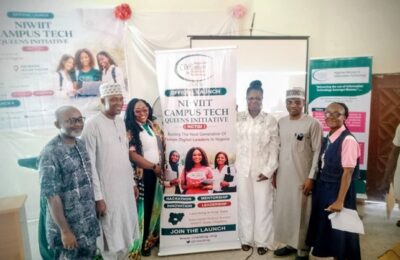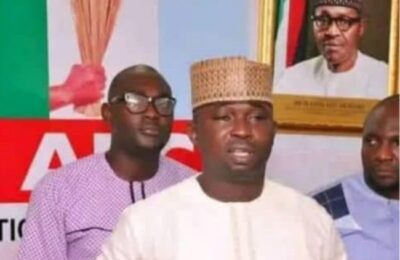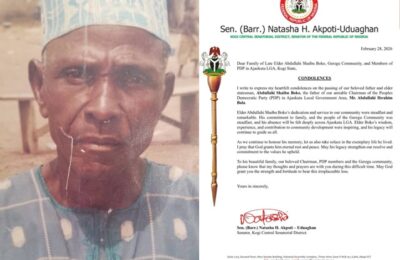By Musa Bakare
Navigating the complex landscape of political criticism, especially in a context like Nigeria, is extremely challenging. While it may be impossible to eliminate criticism completely, there are several strategic approaches that citizens of Nigeria could adopt to mitigate abuse and foster a more constructive dialogue around President Tinubu’s policies and initiatives.
President Tinubu is clearly engaging the public with transparent communication regarding the rationale behind his reform initiatives. For instance, detailed explanations of proposed tax reforms have significantly helped alleviate concerns among some critics about negative impacts.
Hosting town hall meetings and virtual forums offers citizens the opportunity to voice their concerns, ask questions, and provide feedback, thereby cultivating a sense of inclusivity and responsiveness. Actively seeking out and inviting stakeholders, particularly in crises like the one in Rivers State, ought to demonstrate a commitment to collaborative governance. Regrettably, however, professional critics denounced the President’s statesman efforts to the nip crises in the bud.
They have condemned the President’s genuine attempts at promoting peaceful resolutions. The negative criticism of President Tinubu’s sincere efforts has hindered the now resting state government from engaging in discussions with community leaders, businesses, and civil society to gather input before making unfavourable statements and decisions.
When the conflict in Rivers State began to escalate, President Tinubu responded quickly and decisively, showing respect for local sentiments. Yet, critics were quick to condemn his noble approach, labeling it unconstitutional without providing alternative constitutional options. They exacerbated the crises, leading to calls for the invocation of a state of emergency, which, while necessary for restoring peace, could have been averted through constructive dialogue with local leaders.
Addressing sensitive issues affecting the state of the nation as President Tinubu is doing requires a tone of empathy and understanding, rather than attacks and condemnation. President Tinubu sincerely acknowledges the fears and frustrations of citizens and demonstrates a genuine commitment to their welfare through his actions.
Actively sharing positive outcomes from reform initiatives of the government helps counterbalance criticism in the minds of discerning citizens. Performance metrics and success stories is creating a narrative of progress that resonates with the populace.
Ultimately, President Tinubu’s commitment to transparency in governance, where the outcomes of reform efforts are evaluated and publicly reported ensures that the public can witness the benefits of policies and initiatives. This approach provides a yardstick by which discerning voters can evaluate his administration, rather than relying solely on vitriolic attacks and negative criticisms.
While it is unlikely that criticisms will fully abate, any political leader in Nigeria aiming to continue to exploit the pain of the people to undermine the nation and its leadership will ultimately fail at the polls. Nigerians have become savvier and more discerning in their political choices.
President Tinubu is effectively countering the tide of criticism by focusing intently on his “Renewed Hope” agenda for the country. He fosters open communication, collaborates with stakeholders, demonstrates empathy, focuses on outcomes, and strategically engages with the media. These approaches create a more constructive environment for dialogue, leading to greater public support.
As President Tinubu continue to partner with respected figures in the country and the media towards amplifying positive messages hugely contained in his renew agenda, negative perceptions and misinterpretations are being countered as they arise preventing further escalation of criticism.
– Musa Asiru Bakare, a member of the Tinubu Support Group, writes from Lokoja, Kogi State capital.




